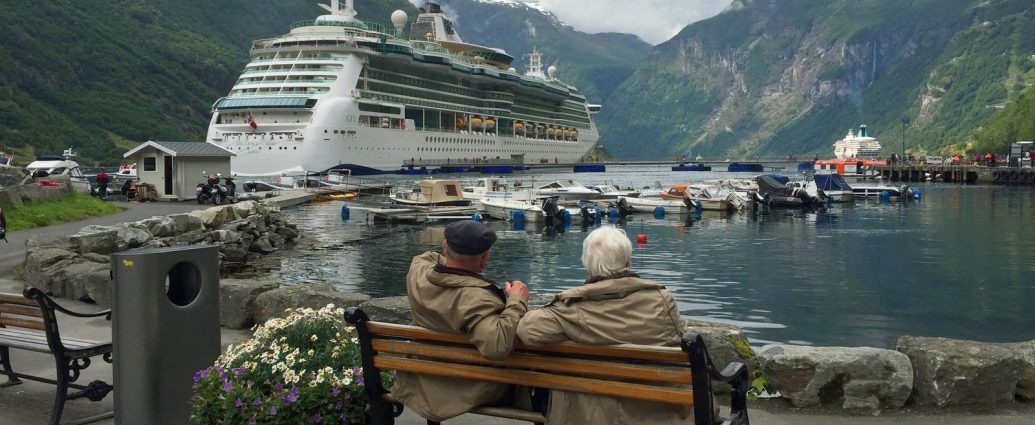As we age, one of the most common resolutions we make is to travel more and making time to go on holiday throughout the year can be an important aspect of active ageing, which the WHO describes as the process of optimizing opportunities for health, participation and security to enhance one’s quality of life as they age. Travel encompasses key points of active ageing, including independence, autonomy, quality of life and life expectancy where it also improves physical and mental health by keeping people active and engaged.
It is no secret that people who travel are happier and healthier than those who don’t explore often so, if you enjoy travelling, you are doing yourself a favour by getting out of town and seeing new places. The benefits of travel to both mental and physical health are worth considering.
In an interview with HT Lifestyle, Deval Delivala, Co-Founder and SVP at GetSetUp, talked about the benefits of travel on physical health for older adults and shared, “For older people who enjoy taking vacations, there’s great news. Travel can reduce the risk of heart attack and coronary death. A recent study found that taking more vacations can lead to a longer life. Another study found that people who travelled within the last two years reduced their risk of death by 36.6%. Travel also keeps us moving. Recent research showed that 60% of people who travel report getting more exercise on vacation than when at home. Exercise is known to reduce the risk of hypertension, type-2 diabetes, coronary heart disease, stroke, and cancer. People who regularly go on holiday were more motivated to pay attention to their health.”
Opining on the benefits of travel on mental health for older adults, she revealed, “A Japanese study found a positive relationship between travel and subjective well-being in older adults. People who travelled five or more times a year reported higher well-being than those who travelled twice a year. Travel helps reduce stress and anxiety. When on vacation, there’s no pressure to get things done or worry about what’s going on at work or home. The focus is on oneself and enjoying time off without any distractions.”
Asserting that quality travel experiences are based on curiosity, Deval Delivala said, “Vacationing allows you to explore new places and learn more about yourself by interacting with people who live in different parts of the world than you do. Being in new places helps expand horizons and opens up opportunities for personal growth in areas like communication or confidence in social situations, which might not be available otherwise. It also supports brain health and resilience through learning and exploring!”
Suggesting how to plan ahead financially, she advised, “For people planning to travel in retirement, financial planning ahead of time and budgeting for retirement is key. It’s important to note the trips don’t have to be exotic or extravagant for older adults to reap physical and mental benefits. Traveling can include visiting friends and family to help cut down on the costs of accommodation. Some volunteer travel opportunities also offer free accommodation and maybe even some meals. Considering the health benefits, making travel more of a priority could be well worth the expense!”
When adventure is a part of your life, you’re more likely to exercise and you are also more likely to reduce stress and stay mentally engaged in life. Not to mention that traveling will expose you to new people and new experiences, which are great for mental stimulation so, if you love to go on holiday, get out and get active—it’s good for you!
